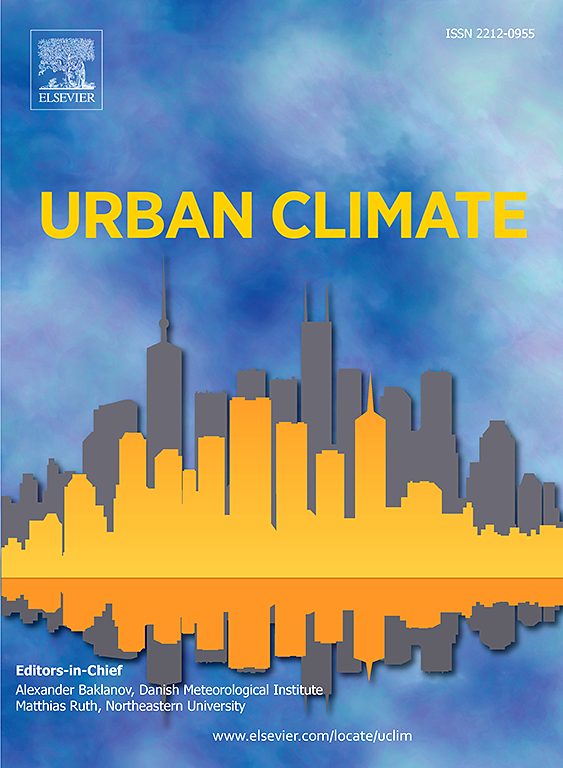评估人工智能政策的污染减排效果:来自中国准自然实验的证据
IF 6
2区 工程技术
Q1 ENVIRONMENTAL SCIENCES
引用次数: 0
摘要
人工智能政策是指各国政府、国际组织或行业机构为指导人工智能的研究、开发、部署和应用而制定的一系列法规、战略和措施。近年来,人工智能政策在减少污染方面的潜力受到了广泛关注。本研究以中国国家新一代人工智能创新发展试验区(AIIDPZ)政策为准自然实验,评估人工智能政策对城市环境污染(EP)的影响。具体来说,我们构建了一个交错差中差(DID)模型,发现AIIDPZ策略有助于降低EP。在潜在机制上,我们发现aidpz政策主要通过增加财政技术支出、提高绿色技术创新水平和促进经济集聚来减弱EP。异质性检验表明,东部城市、南部城市、非资源型城市和千兆城市中,高EP水平城市的污染减排效果更为显著。研究结果为决策者科学利用人工智能政策实现可持续发展提供了重要参考。本文章由计算机程序翻译,如有差异,请以英文原文为准。
Evaluating the pollution abatement effect of artificial intelligence policy: Evidence from a quasi-natural experiment in China
Artificial intelligence (AI) policy refers to a series of regulations, strategies and measures formulated by governments, international organizations or industry bodies to guide the research, development, deployment and application of AI. In recent years, the potential of AI policy in pollution abatement has received widespread attention. In this study, we use China's National New Generation Artificial Intelligence Innovation and Development Pilot Zone (AIIDPZ) policy as a quasi-natural experiment to evaluate the impact of AI policy on urban environmental pollution (EP). Specifically, we construct a staggered difference-in-differences (DID) model and find that the AIIDPZ policy help reduce EP. In terms of potential mechanisms, we find that the AIIDPZ policy mainly abate EP through increasing fiscal technology expenditure, improving the level of green technology innovation and promoting economic agglomeration. Heterogeneity test reveals that the pollution abatement effect is more significant in cities with high levels of EP, as well as eastern cities, southern cities, non-resource-based cities and gigabit cities. Our findings provide important references for policymakers to scientifically utilize AI policies to achieve sustainable development.
求助全文
通过发布文献求助,成功后即可免费获取论文全文。
去求助
来源期刊

Urban Climate
Social Sciences-Urban Studies
CiteScore
9.70
自引率
9.40%
发文量
286
期刊介绍:
Urban Climate serves the scientific and decision making communities with the publication of research on theory, science and applications relevant to understanding urban climatic conditions and change in relation to their geography and to demographic, socioeconomic, institutional, technological and environmental dynamics and global change. Targeted towards both disciplinary and interdisciplinary audiences, this journal publishes original research papers, comprehensive review articles, book reviews, and short communications on topics including, but not limited to, the following:
Urban meteorology and climate[...]
Urban environmental pollution[...]
Adaptation to global change[...]
Urban economic and social issues[...]
Research Approaches[...]
 求助内容:
求助内容: 应助结果提醒方式:
应助结果提醒方式:


